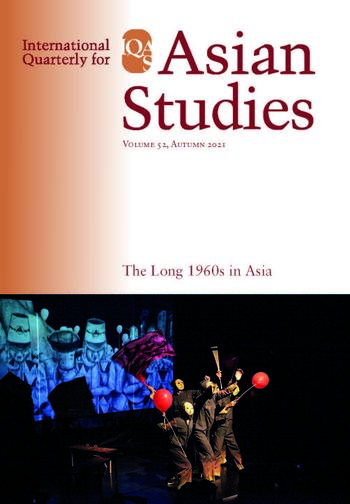The 1960s in South Korea. Modernisation, Nationalism and the Pursuit of Democratisation
Eun-Jeung Lee – 2021
In the 1960s, the South Korean authoritarian anti-communist system, which had been established immediately after the liberation of Korea in 1945, was transformed into an anti-communist developmental dictatorship. The student movement for democracy erupted in the spring of 1960 (April 19 Revolution) and brought down the authoritarian Rhee Syngman regime. But Park Chung Hee, a military general and former officer of the Japanese Imperial Army, seized power in a military coup on 16 May 1961. He was later elected to the presidency on an agenda of modernisation in a “nationalist democracy”. In 1965, despite strong student protests, he concluded a Treaty on Basic Relations with the country’s former colonial ruler, Japan, and took Korea to war in Vietnam, in the process setting the stage for a constitutional amendment that foreshadowed the transformation of the “developmental state” into the following decade’s “developmental dictatorship”. The focus of this paper is on the ideological structure of the transitional era in which the revolution for democracy led to the establishment of an anti-communist developmental dictatorship as a result of the combined effect of various conditions of South Korean politics and the international Cold War in the 1960s. Modernisation, anti-communism, nationalism and democracy were its essential ideological elements, and the regime changes of that decade depended on changes in the priorities and interrelations among them.

